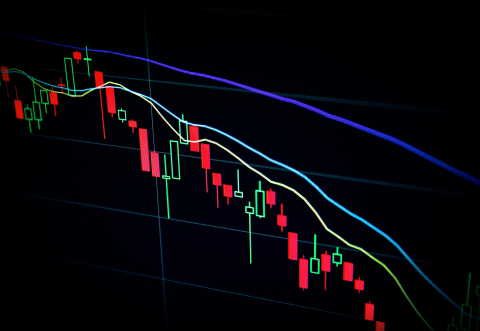ESMA’s Call for Evidence on the UCITS Eligible Assets Directive is a welcome opportunity to take stock of the existing UCITS framework.
UCITS
UCITS (Undertakings for Collective Investment in Transferable Securities) refers to the EU framework for harmonising the creation, management and marketing of collective investment schemes in the EU (and EEA) Member States. It places a strong focus on investors’ protection and product regulation. Owing to this harmonised framework, once UCITS funds are registered in one Member State, they can be freely marketed across the European Union. Initially adopted in 1985, the UCITS Directive has since been modified repeatedly, to take into account developments in financial markets.
EFAMA is adamant to protect the competitiveness and international appeal of UCITS.
High-level response to ESMA consultation on notifications for cross-border marketing and management of AIFs and UCITS
EFAMA welcomes the European Securities and Market Authority’s continuous commitment to creating a single market for investment funds, confirmed by the draft regulatory standards currently under consideration. These RTS/ITS would further harmonise information that asset managers should provide to their national competent authorities before marketing or managing an investment fund on a cross-border basis, thus facilitating intra-EU product distribution.
EFAMA reply to ESMA CP on marketing communications guidelines
EFAMA believes that ESMA’s draft ‘marketing communication’ Guidelines still require important clarifications to ensure full alignment between them and MiFID II’s Commission Delegated Regulation Article 44. This alignment is essential to ensure coherent rules for fund management companies and distributors. Unfortunately, parts of the proposed Guidelines are overly prescriptive and may unintentionally make some marketing materials vaguer or even inconsistent with local MiFID requirements for distributors.
Monthly Statistics September 2020 | Steady inflows into UCITS equity funds in September
The European Fund and Asset Management Association (EFAMA) has today published its latest monthly Investment Fund Industry Fact Sheet, which provides net sales data of UCITS and AIFs for September 2020*.
Bernard Delbecque, Senior Director for Economics and Research commented: Net inflows into UCITS equity funds remained steady in September despite concerns about rising Covid-19 infection rates and the potential impact of new lockdown measures.
The main developments in September 2020 can be summarised as follows:
Initial reactions on the new Capital Markets Union action plan - Keynote by Tanguy van de Werve
6th Cyprus International Funds Summit - 16 November 2020
Monthly Statistics August 2020 | UCITS and AIFs continue to record net inflows in August
The European Fund and Asset Management Association (EFAMA) has today published its latest monthly Investment Fund Industry Fact Sheet, which provides net sales data of UCITS and AIFs for August 2020*.
Bernard Delbecque, Senior Director for Economics and Research commented: "Thanks to positive news on the global economic recovery, long-term UCITS continued to record net inflows in August, albeit at a slower pace than during the previous four months."
Fund managers retain only 41% of the total cost paid by retail investors | Market Insights | Issue #6
EFAMA has released its latest Market Insights report titled “Perspective on the costs of UCITS”. The full report breaks down the costs of UCITS, focusing on the fees charged for the different services provided along the investment fund value chain and distinguishing between the product cost for which fund managers are directly responsible, and the
Market Insights | Issue #5 | Perspective on the net performance of UCITS
Equity UCITS delivered a total net return of 108% in real terms in 2010-2019, whereas bank deposits lost 10% in net value
EFAMA Market Insights | Issue #1 | Net outflows from UCITS in March 2020 - Industry weathers Covid-19 crisis
The Covid-19 pandemic significantly impacted financial markets. Stock markets across the world suffered a steep decline driven by lower economic growth and corporate profits. As anticipated, the crisis caused substantial net outflows from UCITS in March (EUR 313 billion). However, as a percentage of net assets, these outflows were no higher than in October 2008, at the height of the global financial crisis (2.9%).
































